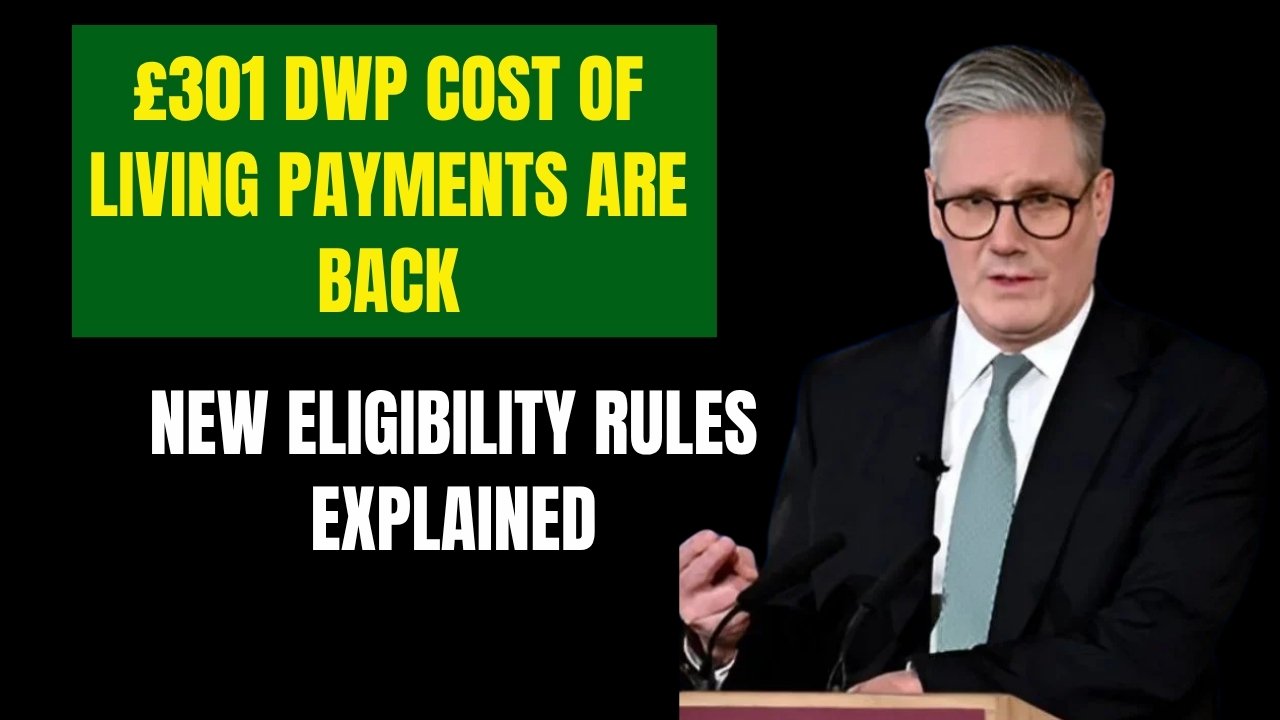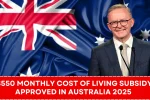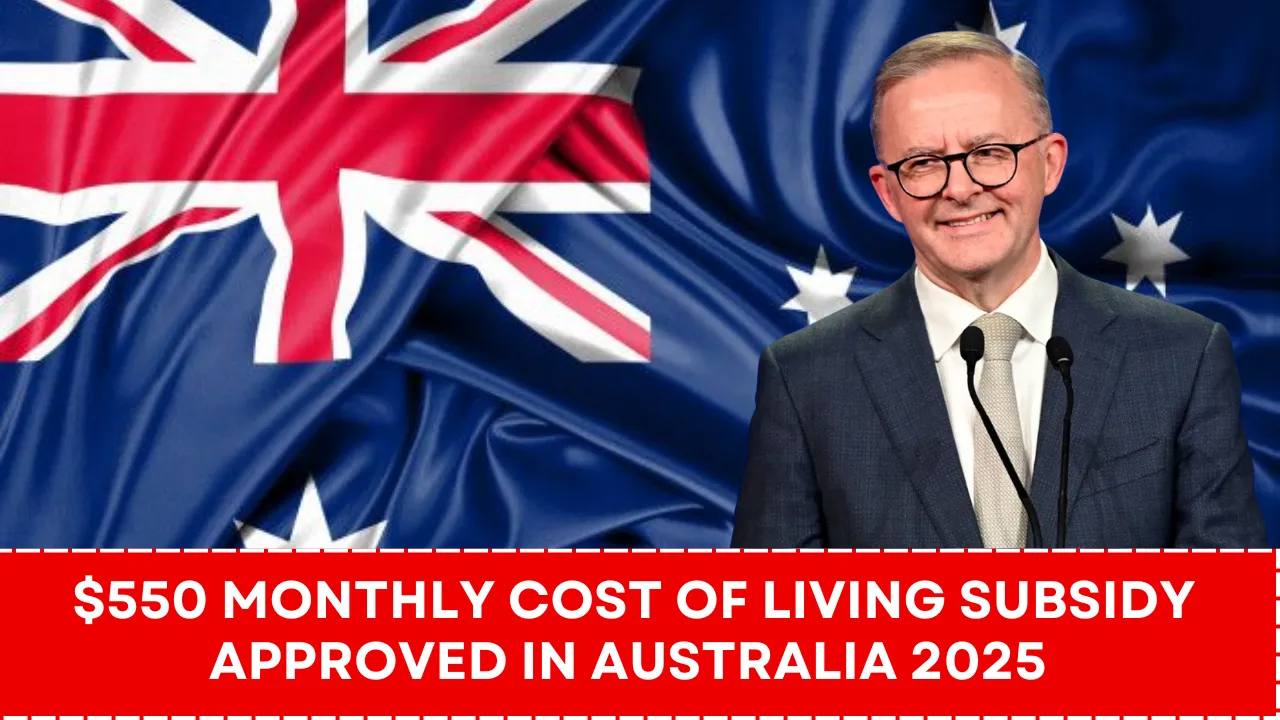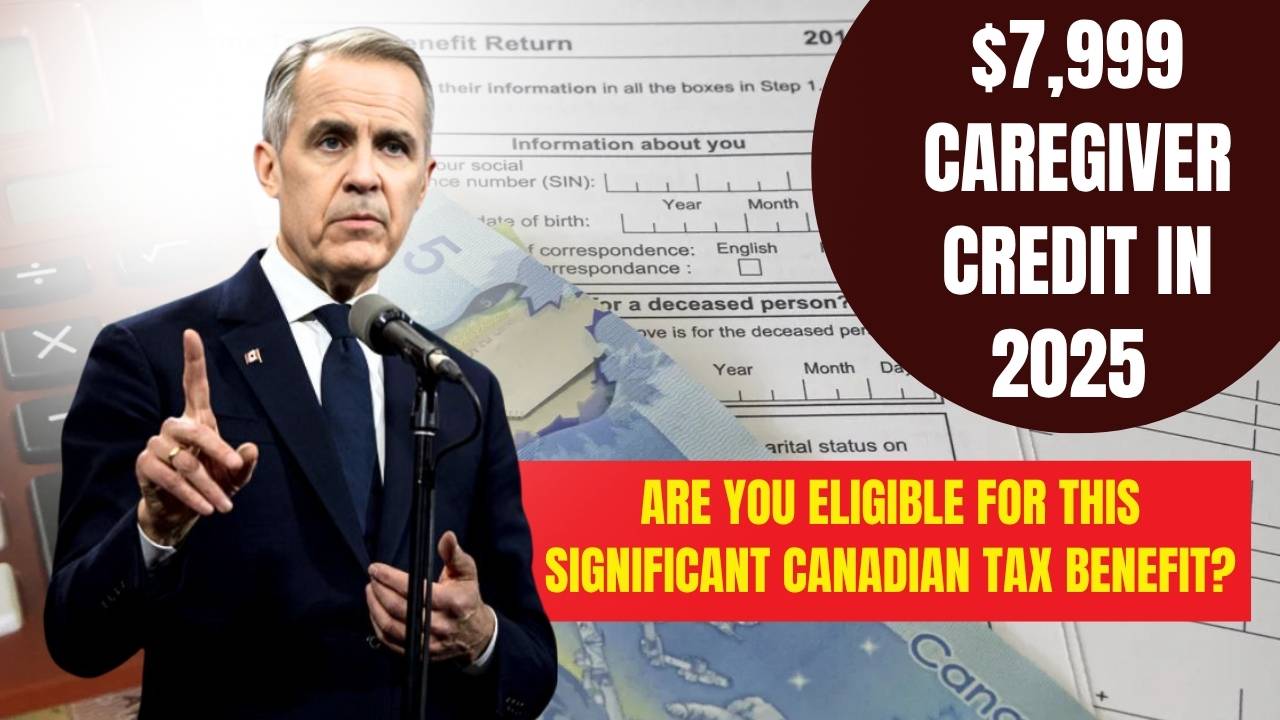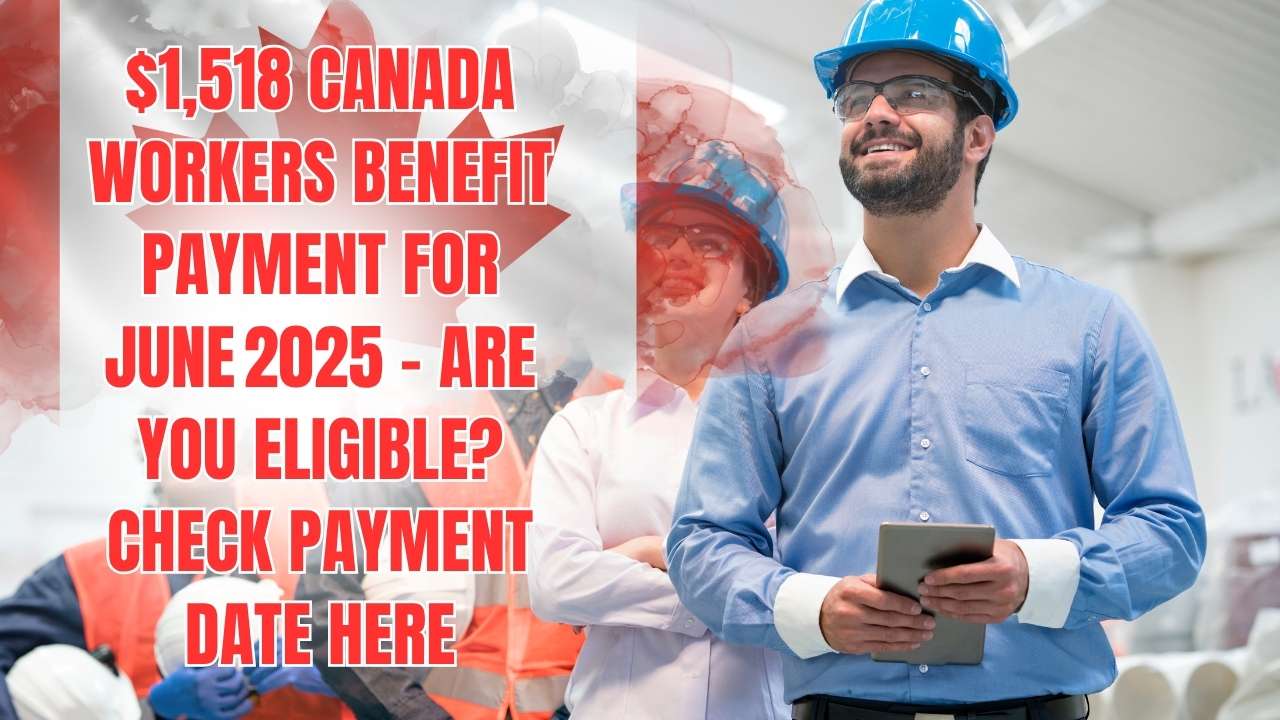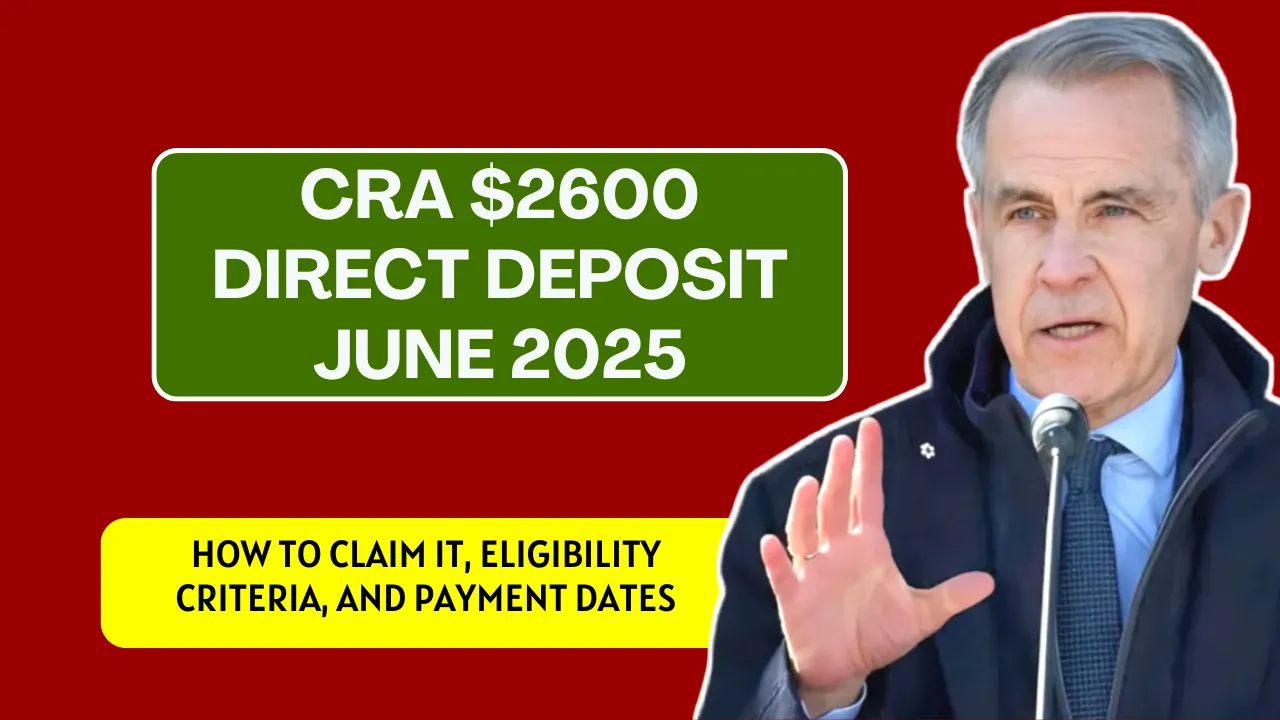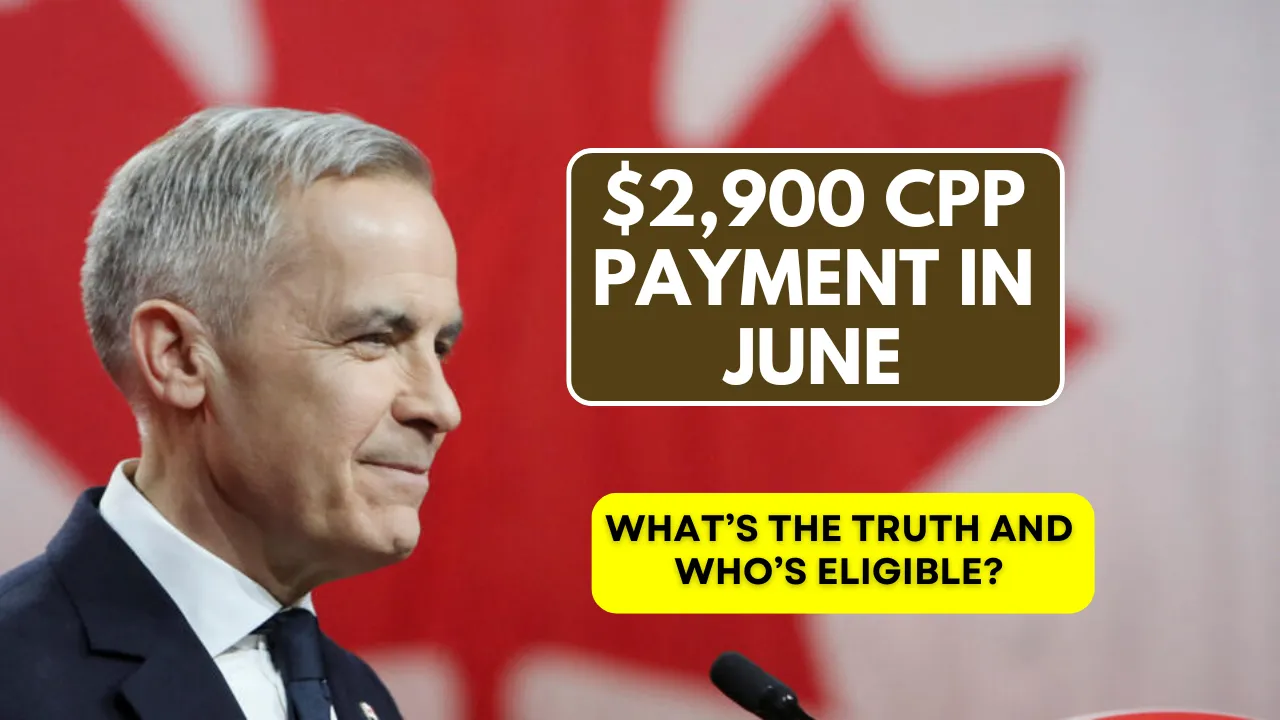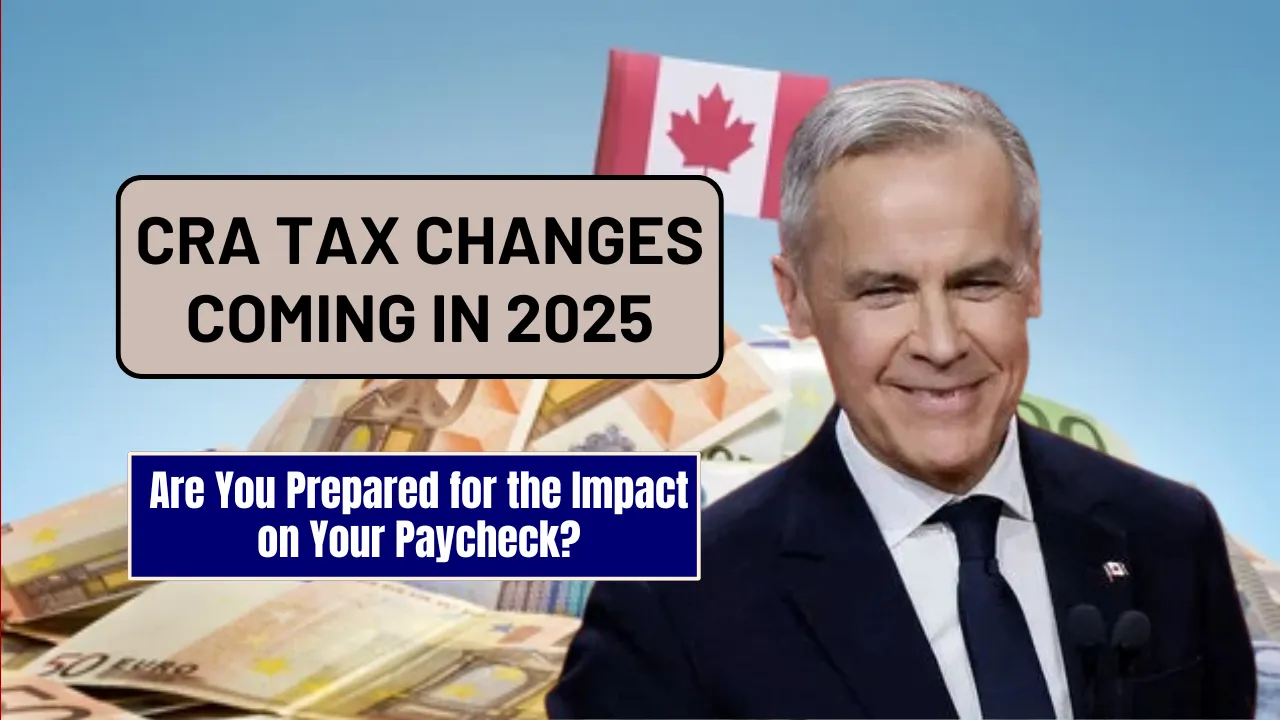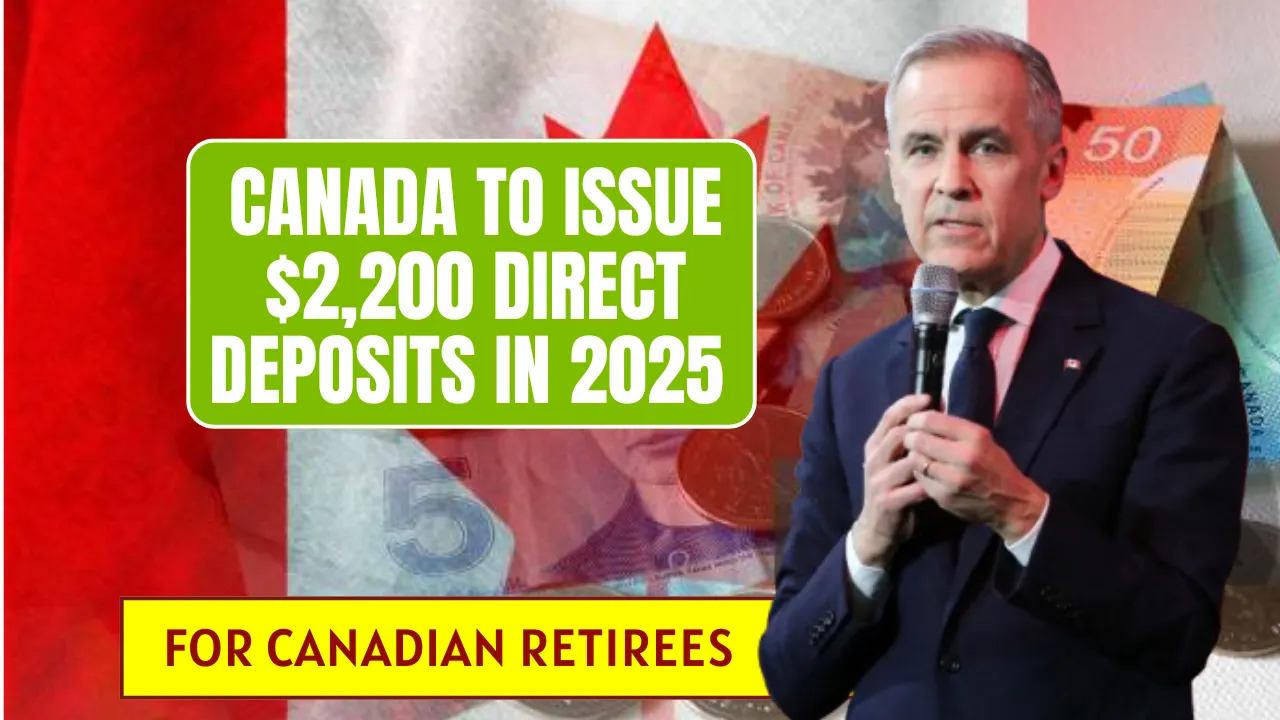As financial pressures continue into 2025, millions of UK households are looking forward to a fresh wave of support from the government. The return of the £301 Cost of Living Payment is part of a larger package of financial relief measures aimed at helping people cope with rising prices on everything from food to fuel. This payment is especially important for low-income individuals and families relying on state benefits.
The DWP cost of living payments for 2025 come with updated eligibility criteria and a clear instalment schedule. If you receive certain benefits like Universal Credit, Pension Credit, or income-based JSA or ESA, you could automatically qualify for this support. In this article, we’ll break down who’s eligible, when you’ll get paid, and how much support you can expect—plus what to do if your payment is delayed.
DWP Cost of Living Payments: Key Details for 2025
The DWP cost of living payments have helped millions across the UK in recent years, and 2025 is no exception. These tax-free payments are designed to help individuals and families deal with the continued rise in living expenses. The government will distribute the £301 payment in three separate instalments this year. And the best part? If you’re eligible, you don’t need to apply—payments are made automatically.
Overview Table: DWP Cost of Living Payments 2025
| Category | Details |
| Payment Amount | £301 per instalment (up to £900 total) |
| Total Instalments | Three payments in 2025 |
| Estimated Payment Dates | April–June, August–September, November–December |
| Who Qualifies | Universal Credit, Pension Credit, income-based JSA/ESA, Tax Credits |
| Auto-Payment? | Yes, if receiving eligible benefits |
| Non-Eligible Groups | Contribution-based JSA/ESA only, zero UC award during window |
| Extra Help Available | £150 Disability Payment, £300 Pensioner Payment, Local Council Aid |
| Payment Source Identifier | “DWP COL” or “HMRC COL” on your bank statement |
What’s New in 2025?
The main update for 2025 is the government’s focus on refining eligibility criteria. In previous years, the payment applied broadly across multiple benefits. Now, the Department for Work and Pensions (DWP) and HMRC are narrowing the scope to ensure that only those truly in need receive the support.
The payment amount remains consistent at £301 per instalment. If you’re eligible for all three payments across the year, you could receive up to £900 total. However, missing a qualifying window may reduce this amount.
Who is Eligible?
You may qualify for the £301 DWP cost of living payments if you receive one of the following benefits during the designated payment windows:
- Universal Credit (excluding cases with a zero award)
- Pension Credit (automatic qualification)
- Income-based Jobseeker’s Allowance (JSA)
- Income-related Employment and Support Allowance (ESA)
- Income Support
- Working Tax Credit or Child Tax Credit (through HMRC, depending on income level)
It’s important to note that contribution-based JSA and ESA do not count towards eligibility.
How Much Will You Get and When?
Although exact dates are pending, the payment schedule is expected to mirror previous years:
- First Instalment: April to June 2025
- Second Instalment: August to September 2025
- Third Instalment: November to December 2025
Each instalment will be £301, totaling up to £900 if you qualify for all three. Watch your bank statements for entries labeled “DWP COL” or “HMRC COL” depending on the department issuing the payment.
Do You Need to Apply?
No application is needed for the £301 payment. If you’re eligible and receiving qualifying benefits, the payment will be made automatically. Just ensure that your benefit account information is up to date, especially your bank details. This will help avoid delays or missed deposits.
Who is Not Eligible?
Not everyone receiving state support will qualify. You are not eligible if:
- You received a zero award for Universal Credit during the qualifying dates
- You’re only on contribution-based JSA or ESA
- You haven’t started receiving benefits yet, even if you’ve applied
- You missed the eligibility window for qualifying payment
What If You Haven’t Received Your Payment?
If you believe you’re eligible but haven’t received your payment:
- Check your online benefits account for updates or notices
- Look for “DWP COL” or “HMRC COL” on your bank statement
- Visit the DWP website and fill out the “missing payment” form
- Contact DWP directly if necessary
Be patient, as delays can happen—especially during high-volume payout periods.
Other Support Available in 2025
In addition to the £301 cost of living payments, the government is offering:
- £300 Pensioner Payment: For those over 66 receiving Winter Fuel Payment
- £150 Disability Cost of Living Payment: For individuals on disability benefits
- Local Council Support Schemes: Varies by location but may include grants, vouchers, or emergency financial aid
These programs are designed to complement the core DWP cost of living payments and help cushion other expenses.
Conclusion
The DWP cost of living payments in 2025 provide crucial financial relief to many UK households dealing with high energy bills, food prices, and other essentials. With automatic eligibility checks and three scheduled instalments, the system is built to ensure quick and direct support.
If you’re receiving one of the qualifying benefits, monitor your accounts and mark the estimated payment dates. Don’t hesitate to reach out to the DWP if something seems off. Every pound counts in today’s economy, and staying informed ensures you get the help you deserve.
FAQs
Q1. What is the £301 DWP Cost of Living Payment?
It’s a one-time, tax-free payment to help offset the cost of living, issued to people on certain benefits.
Q2. Who qualifies for the payment?
Those on Universal Credit, Pension Credit, income-based JSA/ESA, Income Support, or eligible tax credits.
Q3. What’s new in 2025?
Eligibility rules have been tightened to better target households most in need.
Q4. Do I need to apply?
No. Payments are automatic if you’re receiving qualifying benefits.
Q5. When will I get paid?
Between April and December 2025, in three instalments of £301 each.
